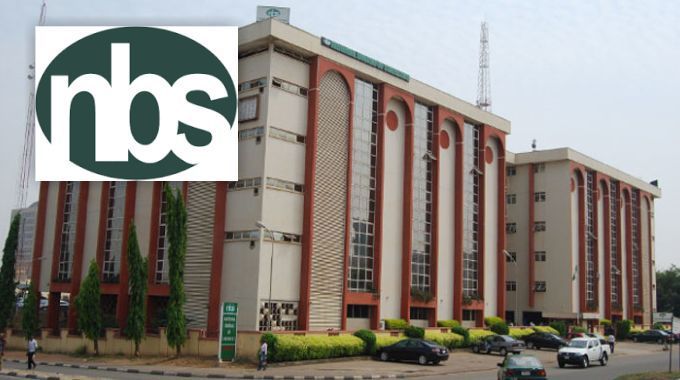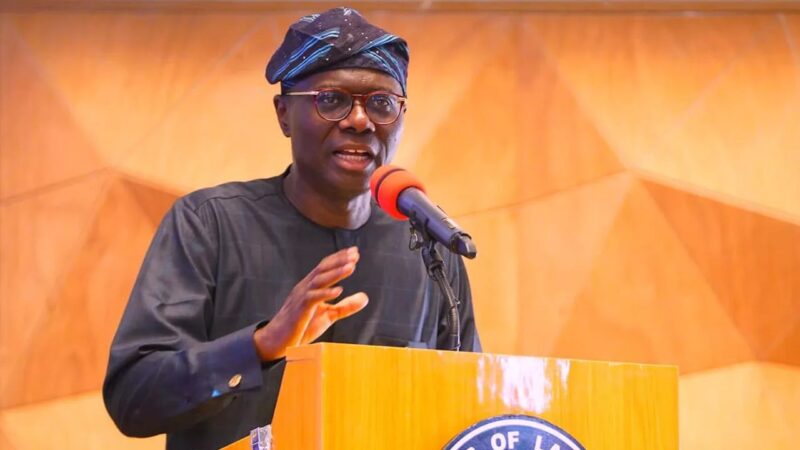Nigeria’s Public Debt Portfolio Now N28trn, Says NBS

…As FG’s Revenue Dropped To N845.14bn in Feb

By Our Correspondent
The National Bureau of Statistics, NBS, has said Nigeria’s total public debt portfolio stands at N28.63 trillion with Lagos State accounting for 10.8 per cent of total domestic debt stock, while Yobe State maintains the least debt stock among states with 0.7 per cent.
In NBS document published on its website, the figure is for both the states and the Federal Government.
It includes N4.11 trillion domestic debt allocated to states and Federal Capital Territory (FCT), whilst N9.99 trillion or 34.89 per cent of the debt is external, with N18.64 trillion or 65.11 per cent of the debt is domestic.
“Nigerian states and federal debt stock data as at March 31, 2020 showed that total public debt portfolio stood at N28.63 trillion.
A further disaggregation of Nigeria’s total public debt showed that N9.99 trillion or 34.89 per cent of the debt was external while N18.64 trillion or 65.11 per cent of the debt is domestic.
Just as the Q1: 2020 debt statistics report by the National Bureau of Statistics (NBS) showcased a sustained increase in the Federal Government’s debt profile, many experts have noted that Nigeria’s debt sustainability could deteriorate quickly at the end of this year.
Perhaps the drop in the country’ s revenue may worsen the debt situation if not properly managed.
According to the Central Bank of Nigeria, CBN, Federal Government revenue dropped to N845.14 billion in February.
Nigeria’s federally-collected revenue fell by 11.3 per cent to N845.14 billion in February, compared with the N952.49 billion recorded the previous month, the Central Bank of Nigeria (CBN) has said.
The apex bank in its monthly economic report for February that was posted on its website yesterday, noted that at N845.14 billion, the estimated federally-collected revenue (gross) in February also fell below the monthly budget estimate of N1.246 trillion by 32.2 per cent.
The underperformance relative to the monthly budget estimate was attributed to shortfalls in both oil and non-oil revenues.
A breakdown of the report showed that oil receipts, at N496.63 billion or 58.8 per cent of total revenue was below the monthly budget estimate of N798.83 billion and the preceding month’s receipt of N556.82 billion, by 37.8 per cent and 10.8 per cent, respectively.
The decrease in oil revenue, relative to the monthly budget estimate, was also attributed to shut-ins and shut-downs at some Nigerian National Petroleum Corporation (NNPC) terminals due to pipeline leakages and maintenance activities.
On the other hand, at N348.5 billion or 41.2 per cent of total revenue, non-oil receipt was also below the monthly budget estimate of N447.24 billion and the receipt of N395.67 billion in the preceding month by 22.1 per cent and 11.9 per cent, respectively.






![[PR @ITREALMS] Reveal! 2024 Nigeria DigitalSENSE Forum announces date](https://newsbusinessng.com/wp-content/uploads/2024/05/pasted-image-0.png)
